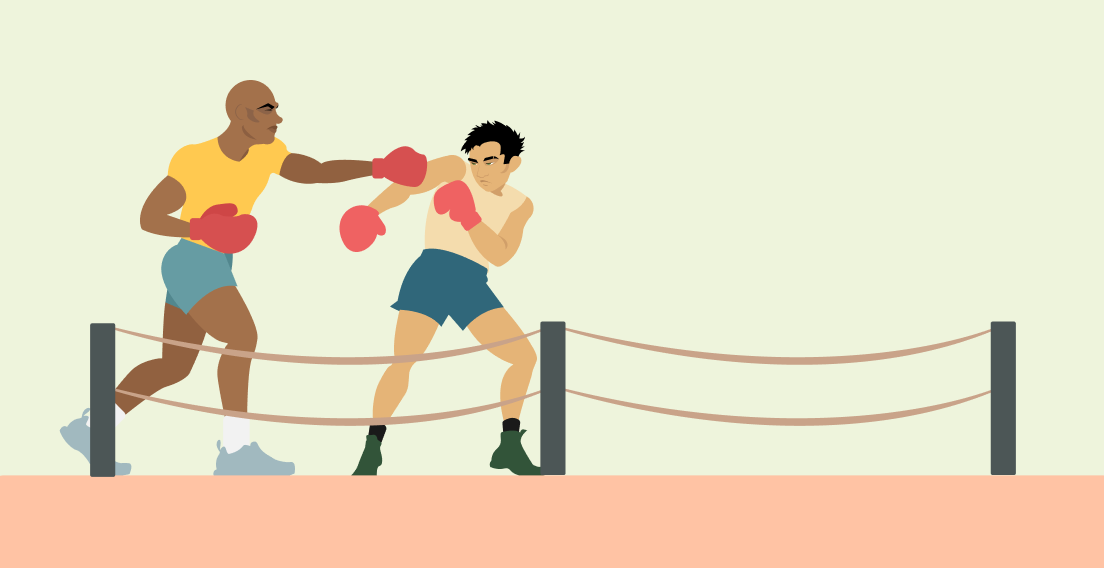Even though it’s not our election, Canadians are always transfixed on the results of the U.S. presidential elections. That’s because there’s often a direct impact of U.S. elections on Canada, and the policies set in the next four years not only affect the United States, but also the economy, trading relationship, markets and businesses to the North.
There’s a reason this quote by former Canadian Prime Minister Pierre Elliott Trudeau gets cited: “”Living next to you is in some ways like sleeping with an elephant. No matter how friendly and even-tempered is the beast, if I can call it that, one is affected by every twitch and grunt.”
The Financial Pipeline spoke to Matt Altro, the president & CEO of MCA Cross Border Advisors Inc. and Ben Jang, portfolio manager at Nicola Wealth about what could happen post-November 4.
What happens to the economy
The Canadian economy is tightly tied to the U.S. economy, says Jang. Both countries are each other’s biggest trading partner with nearly $3.6 billion in goods and services crossing the border in 2023 – and the U.S. election will have a direct impact on policy.
“When we think about that, we have to take a look at the future in 2026, when the United States-Mexico-Canada Agreement (USMCA), or NAFTA 2.0, gets revisited,” he says.
Both presidential candidates are supporting policies that are more protectionist in nature, Jang adds, with Donald Trump pushing for more protection of U.S. industries.
“Auto manufacturing is a big one,” he says. “USMCA is relatively complicated in terms of the parts and what percentage of cars get built where. This would just mean, obviously, everything more in favour of the U.S., but that’s why they put their name first.”
When Trump was president, he imposed tariffs on Canadian steel and aluminum, claiming it was for national security. That would have hurt Canada’s economy, and Prime Minister Justin Trudeau responded with the threat of equivalent tariffs. If Kamala Harris wins, Jang speculates that the renewable energy sector could see an impact.
Markets are uncertain right now
“Markets don’t like uncertainty,” says Altro. “I think ultimately everyone’s waiting to see what will happen with the election.”
He points out it’s important to watch not only who wins the presidency, but also who gets control of Congress and the Senate.
“A White House that is Democratic can’t really do much in terms of passing law when the Senate or the House is not also Democratic. So it’s very difficult to pass laws in the U.S., unless you have got control of all three branches of government.”
At the top of the list of laws that could be affected is the lifetime exemption for the U.S. estate tax, known as the “death tax” by Republicans.
The exemption currently stands at about US$13 million per person and is due to sunset in 2025 to approximately $7.5 million, but Harris wants to lower the exemption to $3.5 million. This could affect Canadians who have direct exposure to American markets through stock ownership or U.S. housing.
“If your U.S. assets are more than $60,000 and your worldwide net worth is more than the exemption, then you owe U.S. estate tax when you die on all of your U.S. assets,” he says.
Interest rate differentials and their effect on Canada
Another factor to watch is the interest rate differential, or when there is a difference in interest rates between two countries or regions, Jang says.
Both countries’ central banks have been cutting their interest rates. That, combined with the countries’ economic growth, can have an effect on the economy in Canada.
“Our economies are very tightly tied together, and because of that, what happens is when you have the economy going in different directions, you see a larger rate differential,” he says. “Now we’re at approximately 1.2 per cent so it’s a very large rate differential.
Historically speaking, when we’ve seen a rate differential more than one per cent, that’s when Canada starts to lose a little bit of control over the dollar and it starts to weaken more than the people would like, and as a importer, that makes things actually inflationary, something we don’t have control over, because we’re so tied to the U.S. economy.”
This all could lead to businesses tightening their belts, wages stagnating and even layoffs – none of which helps what’s already a weaker Canadian economy.
Trump or Harris? Time will tell
Both experts say that all of this depends on who wins Congress and the Senate. If the houses are hostile to the presidency, then very little may happen in the next four years. If the presidency and houses are aligned, then policies could get through. But given the impact of U.S. elections on Canada, whatever happens, America’s northern neighbours will be watching with bated breaths.





